Crowd, The (1928)
“The crowd laughs with you always… But it will cry with you for only a day.”
|
Synopsis: |
|
Genres, Themes, Actors, and Directors:
Response to Peary’s Review: While I admire Vidor’s clear directorial prowess, what I find most impressive about this film is how “extremely engaging” the two leads are; they seem to genuinely be falling in love with each other during the initial Coney Island date sequence (and more so during their romantic Niagara Falls honeymoon sequence), and one fully believes in the arc of their troubled marital journey. Boardman (Vidor’s real-life wife) demonstrates true screen presence as “Mary”, leading one to wonder why her career never took off as it could have; meanwhile, Murray (as “John”) is convincingly irritating as her well-meaning but immature husband, who behaves like a jerk at times yet ultimately wants the best for his young family, and truly loves Mary. His character is both frustrating to watch, and entirely believable. There’s a pivotal moment early in the film, when John is shown leaving the office with his friend (Bert Roach), who convinces him to take the night off from studying to go out on the town and have a fun time on a double date. In typically compacted cinematic fashion, John meets Mary on this date, immediately proposes to her, and from thence is shown prioritizing family life over personal advancement. It’s all the more ironic, then, that his subsequent lack of time to focus on “improving himself” results in a life of semi-poverty for his family. Could the real moral here be that one should wait to marry and start a family until one has secured a solid livelihood? Reviewers don’t seem to focus much on this point, though Peary does note that John “would rather spend time with [Mary] and their children than play up to the bosses in the hope of getting a promotion”. Ultimately, The Crowd remains a real-life, warts-and-all romance above all else, showing how John and Mary weather the storms of overbearing in-laws, a deeply tragic personal loss, and John’s growing realization that his father’s dreams for him once upon a time — “There’s a little man the world is going to hear from all right” — are easier said than realized. Redeeming Qualities and Moments:
Must See? Categories
(Listed in 1001 Movies You Must See Before You Die) Links: |
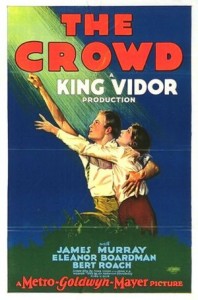
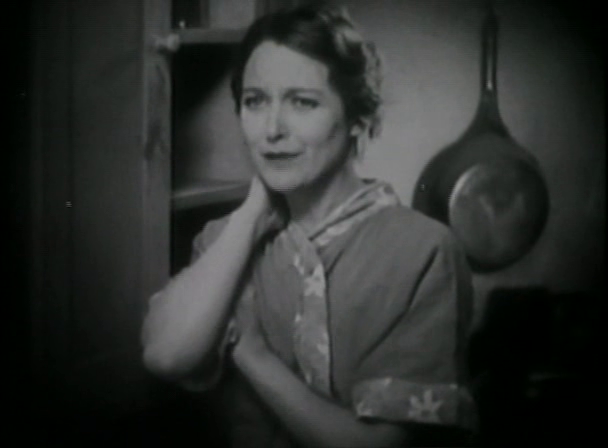
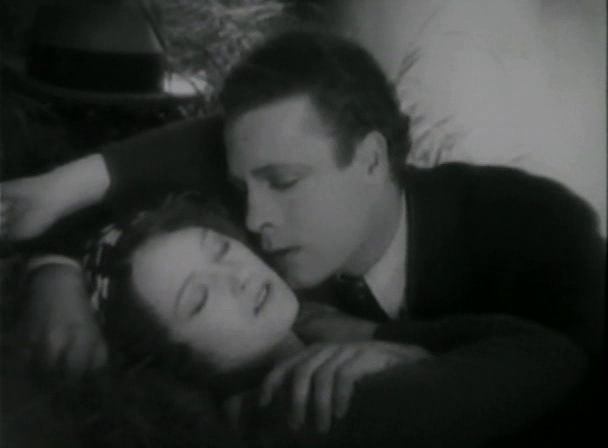
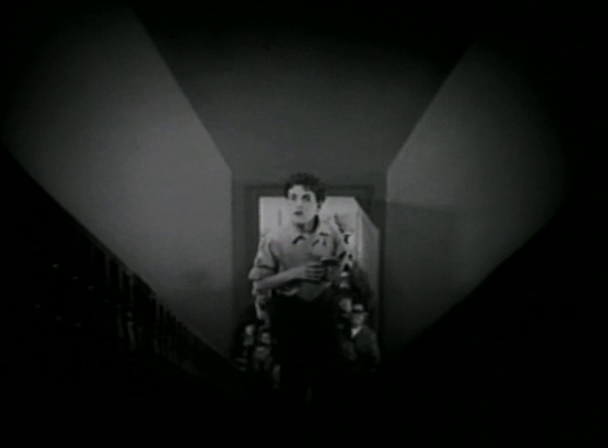
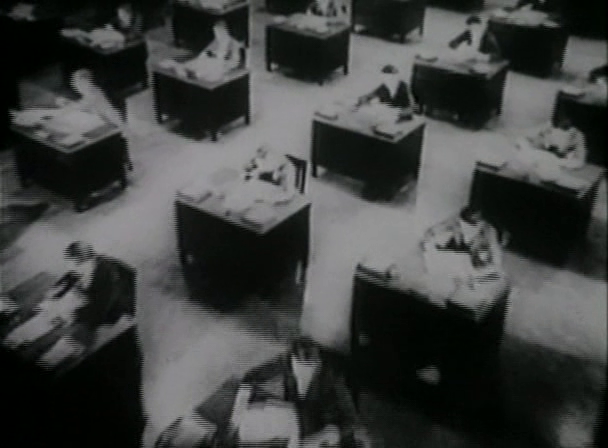
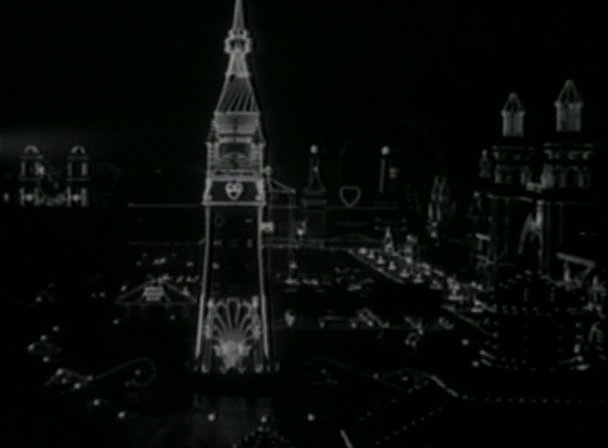
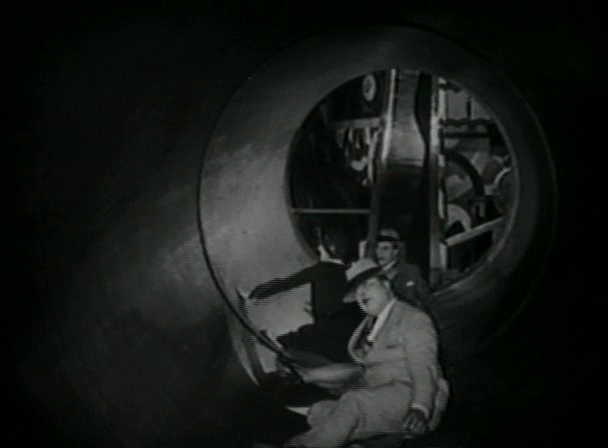
One thought on “Crowd, The (1928)”
Ultimately not a must – tho it will be of interest to fans of the director (I am among them) and it has some cinema history appeal.
I’ve just rewatched this for the first time in many years. (At the moment, it doesn’t seem that easy to come by.) When I first saw the film, I think I was most impressed by its earlier sections – in which Vidor gives rein to splendid visuals and composition. Seeing it again, the bulk of the film appears to relax into a standard domestic melodrama…somewhat along the lines of Murnau’s ‘Sunrise’ the previous year.
In comparing ‘The Crowd’ to ‘Sunrise’, I find an unusual reaction on my part: although, overall, I find the leads in ‘The Crowd’ (and their circumstances) more believable (and, at times, much more refreshingly realistic) than those of the leads in ‘Sunrise’, I would probably still recommend ‘Sunrise’ over ‘The Crowd’ as must-see. (~that is, if it comes down to a choice…although it probably never would.)
There are a few other things about ‘The Crowd’ that sort of gnaw at me. Well, the title, for example. Although Vidor does give us a few effective examples of how the title resonates within the storyline, I don’t think there’s enough to merit giving the film its title. The clear focus of the film is on the husband and wife…and there’s not much reference to how any kind of ‘crowd’ impacts on their lives, particularly. The other point: the couple does indeed experience a tragedy and, soon after, the husband loses his job – which I’m not sure that I buy into. Wouldn’t the husband’s superior at work *know* and understand the fact that the tragedy was causing the husband anguish at work? That is never addressed. I also find the ending unsatisfying.
That said, the film is certainly not a waste of time. I think I was just mostly surprised that a revisit revealed the film to me as less than I remembered.